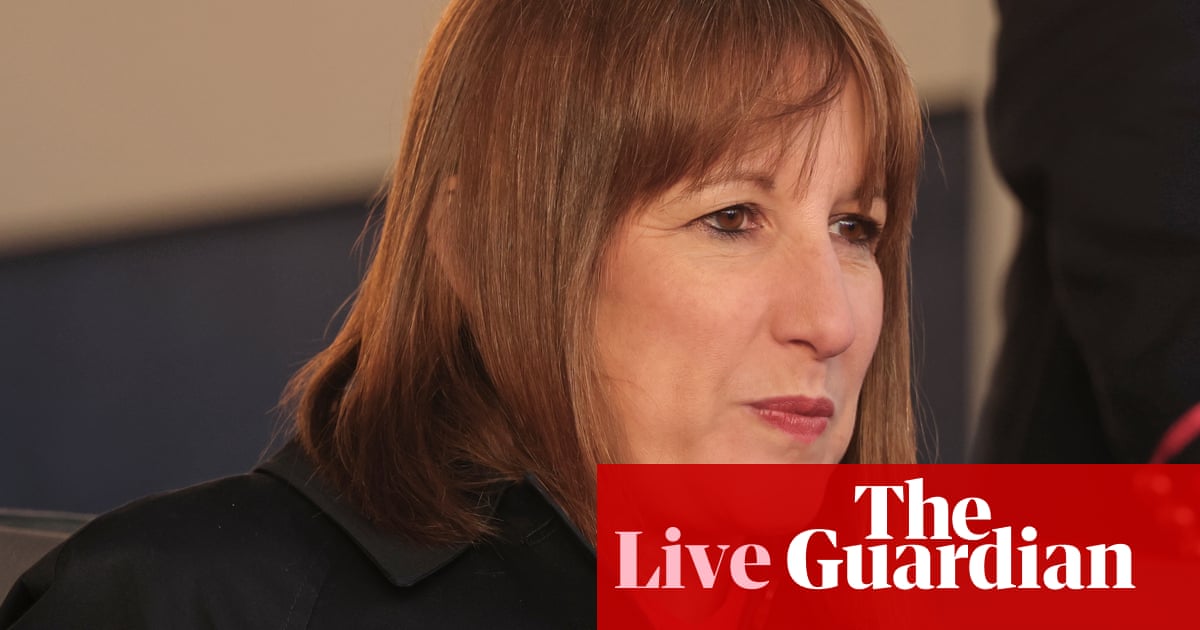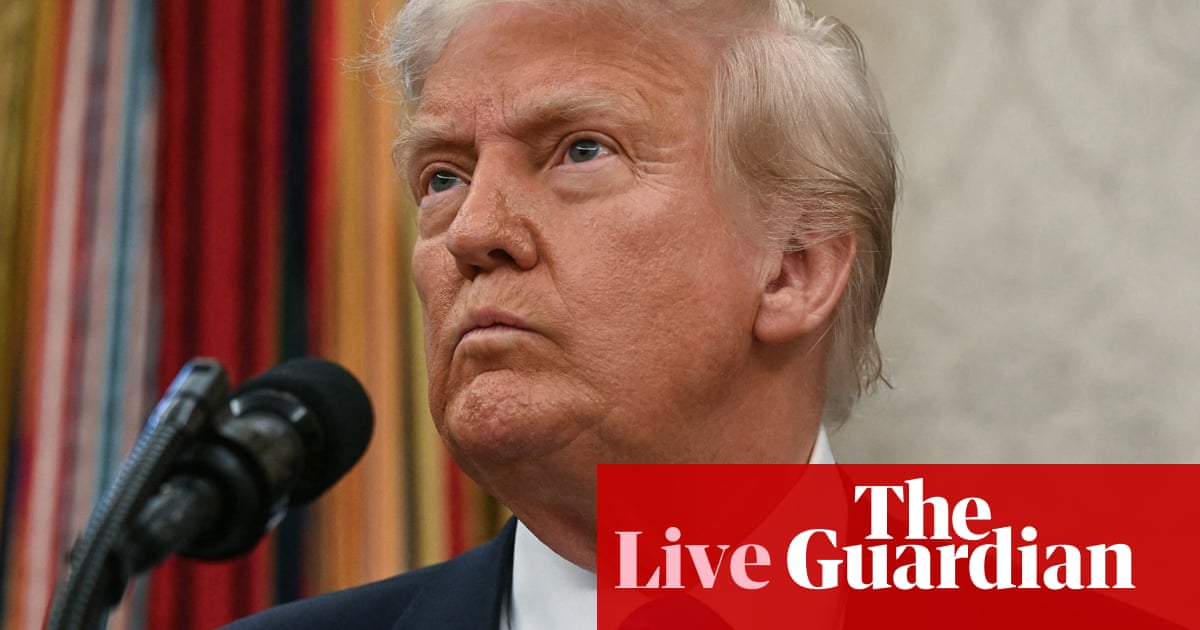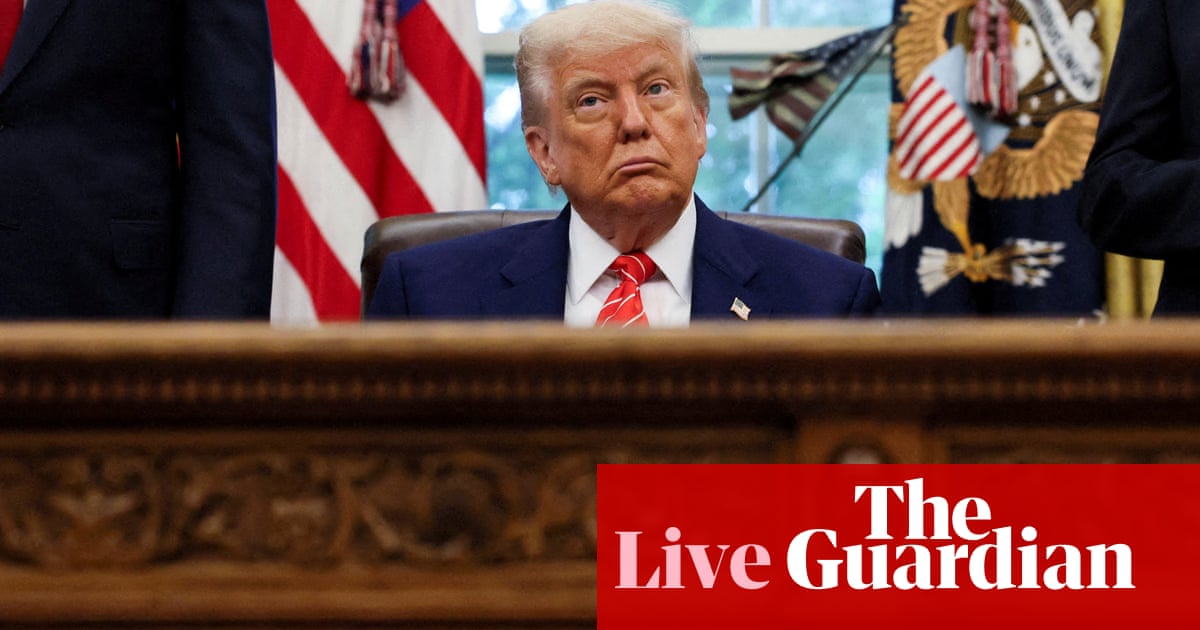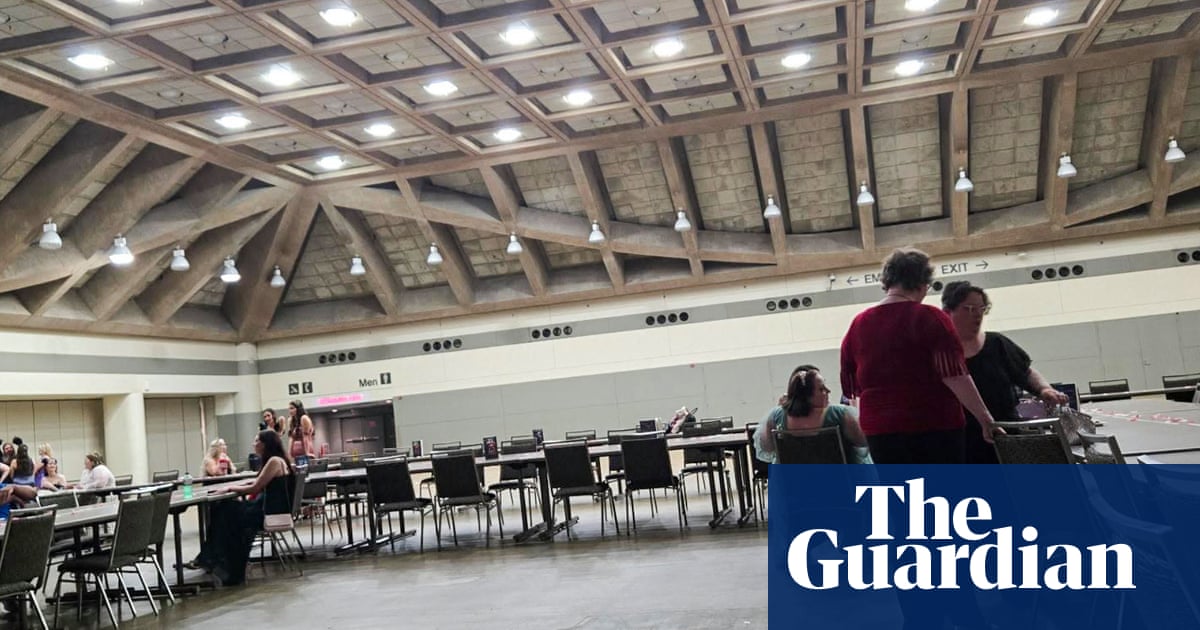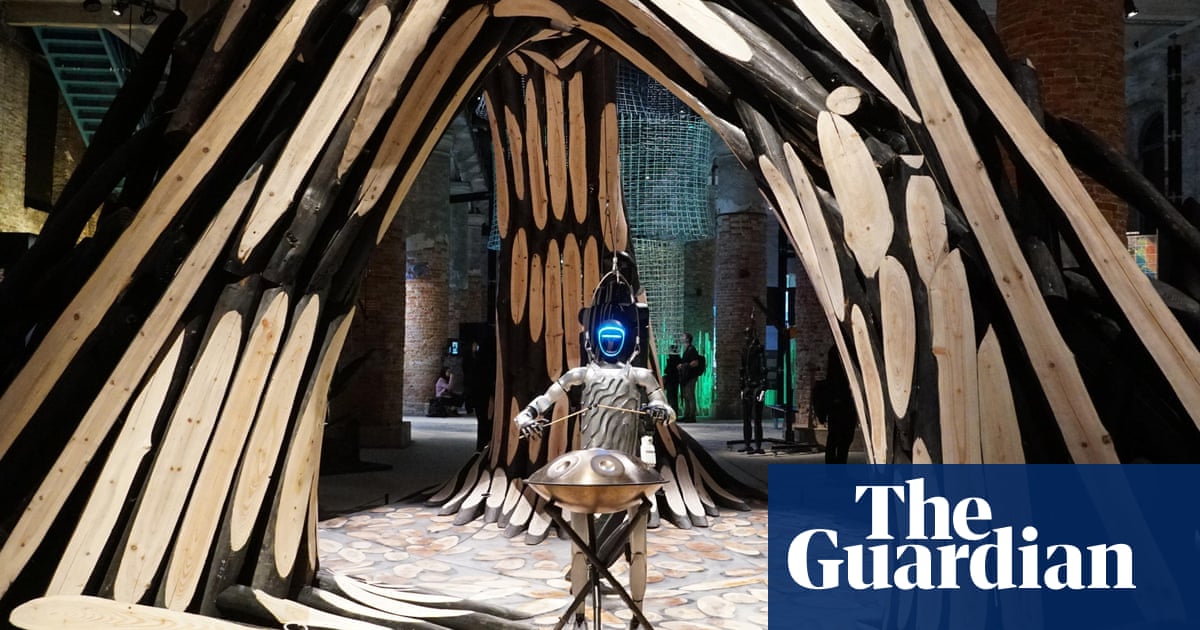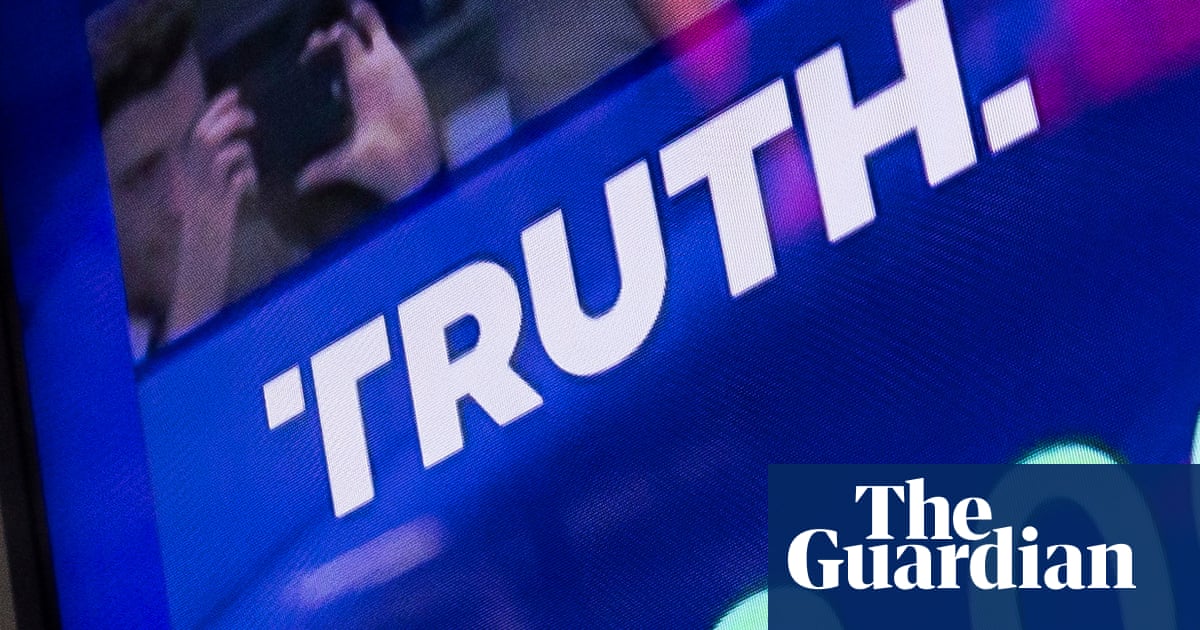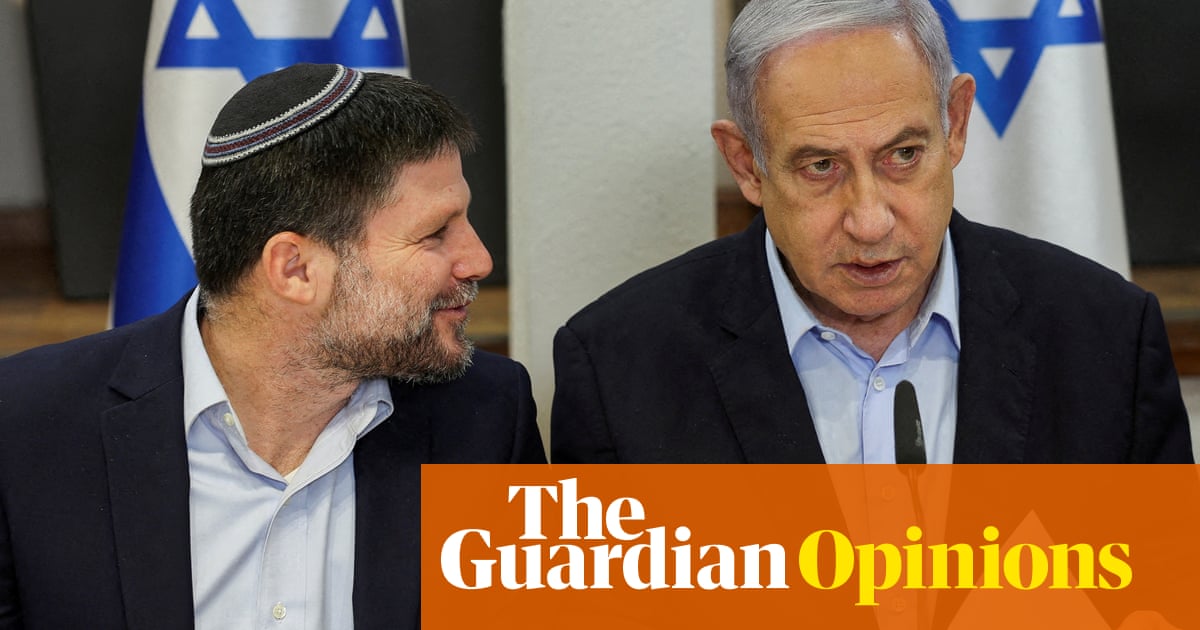The president of Panama, José Raúl Mulino, has accused the US of peddling a “quite simply intolerable falsehood” about the Panama canal, as Donald Trump’s pledge to “take back” the waterway continued to poison relations between the two countries and cause alarm around Latin America.
The US state department claimed late on Wednesday the Central American country had agreed to no longer charge US government vessels to pass through its canal – a move that would supposedly save Washington millions of dollars a year.
But the Panama Canal Authority – which has found itself at the eye of the diplomatic storm generated by Trump’s highly controversial stance – denied that claim, announcing that it had made no “adjustments” to its tolls or frees.
On Thursday, Mulino rebuffed the state department’s assertion in even more emphatic terms, telling reporters: “I am extremely surprised by yesterday’s state department announcement because they are making important statements … based on a falsehood, and this is intolerable, quite simply intolerable.”
The falling-out flared four days after Trump repeated the baseless claim that the US had “foolishly” returned the US-built canal to Panamanian control in 1999 only for it to be taken over by China. “And we’re going to take it back, or something very powerful is going to happen,” Trump warned on Sunday.
As the US president spoke, his secretary of state, Marco Rubio, was delivering a similar message to Mulino in person, during a five-country tour of Latin America which began in Panama.
According to the state department, Rubio told Mulino Trump believed “the current position of influence and control of the Chinese Communist Party over the Panama Canal area is a threat to the canal” and was “unacceptable”. Rubio added: “Absent immediate changes, it would require the United States to take measures necessary to protect its rights.”
Most analysts believe US military action to reclaim the canal by force is unlikely, although George HW Bush’s 1989 invasion to depose Panama’s dictator Manuel Noriega suggests it is not impossible.
One of the main motivations behind Trump’s rhetoric appears to be pressuring Panama – and other countries in Latin America and the Caribbean – to slow down China’s economic push into a region the US has long regarded as its “backyard”. Beijing’s regional footprint has grown massively over the past 25 years with China overtaking the US as South America’s largest trading partner.
Trump’s anti-China strategy may be paying off. On Thursday, Panama’s president announced that his country’s diplomats had informed their Chinese counterparts the Central American country was ending its involvement in China’s “Belt and Road initiative”. The scheme is a trillion-dollar-plus development campaign through which China’s leader, Xi Jinping, hopes to boost economic growth – not to mention Beijing’s geopolitical influence – across the globe by building massive amounts of infrastructure, from railways in Thailand and Ethiopia, to a recently opened “mega port” in Peru.
On Wednesday a spokesperson for China’s foreign ministry, Lin Jian, condemned how the US had “made irresponsible remarks on the Panama canal issue, and intentionally distorted, attacked and mischaracterized relevant cooperation”. Belt and Road initiative cooperation had “achieved fruitful outcomes” between Panama and China, Lin claimed.

 3 months ago
40
3 months ago
40
